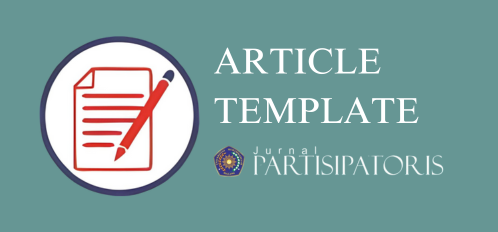THE DEVELOPMENT OF GOA TABUHAN AND ITS IMPACT IN PACITAN REGENCY
DOI:
https://doi.org/10.22219/jp.v2i1.11745Abstract
This study aims at finding out the development of Goa Tabuhan and its impact asa tourist attraction. As an addition, this study also attempts to find out the effort
taken by the Tourist Office in developing the tourism sector in Pacitan regency.
This study also conducted an effort comparison between the Tourist Office and
Wareng rural village of Punung sub-district, who manages the Goa Tabuhan tourist
attraction in Pacitan regency. This study used a descriptive qualitative method;
there were nine informants consisted of four tourist office representatives, two of the
village representative, two of the Goa Tabuhan local people, and one visitor of Goa
Tabuhan. Based on the result of the study, there is a significant impact on society
in the surrounding area of Goa Tabuhan; its visitors also experience the impact. The
impact that affects society is in the form of economic and social and cultural effects.
Downloads
Download data is not yet available.
Downloads
Published
31-03-2020
How to Cite
Hawa Nurjannah, S., Adam Hilman, Y., & Triono, B. (2020). THE DEVELOPMENT OF GOA TABUHAN AND ITS IMPACT IN PACITAN REGENCY. Jurnal Partisipatoris, 2(1), 42–50. https://doi.org/10.22219/jp.v2i1.11745
Issue
Section
Articles
License
Authors who publish with Jurnal Partisipatoris agree to the following terms:
- For all articles published in the Jurnal partisipatoris, copyright is retained by the authors. Authors give permission to the publisher to announce the work with conditions. When the manuscript is accepted for publication, the authors agree to the automatic transfer of non-exclusive publishing rights to the publisher.
- Authors retain copyright and grant the journal right of first publication with the work simultaneously licensed under a Creative Commons Attribution-ShareAlike 4.0 International License that allows others to share the work with an acknowledgment of the work's authorship and initial publication in this journal.
- Authors are able to enter into separate, additional contractual arrangements for the non-exclusive distribution of the journal's published version of the work (e.g., post it to an institutional repository or publish it in a book), with an acknowledgment of its initial publication in this journal.
- Authors are permitted and encouraged to post their work online (e.g., in institutional repositories or on their website) prior to and during the submission process, as it can lead to productive exchanges, as well as earlier and greater citation of published work (See The Effect of Open Access).











